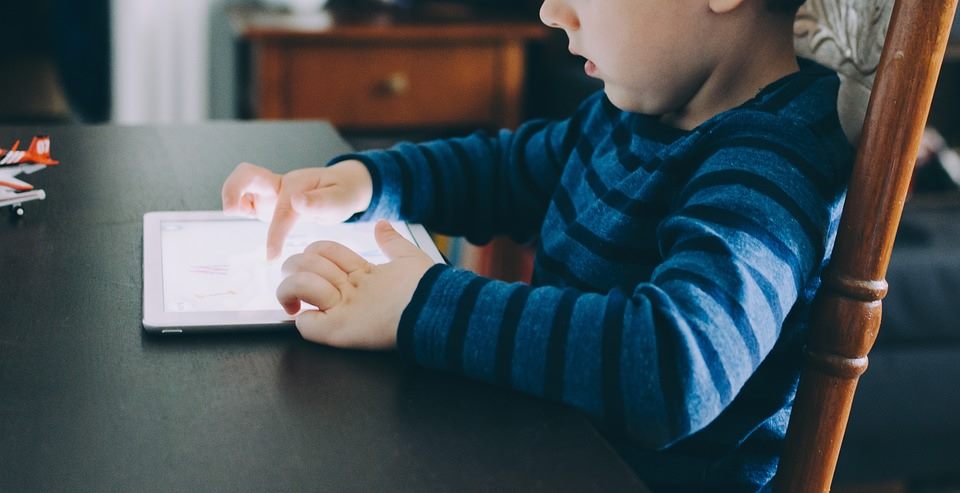
On E-Learning: Is It Really Effective?
As technology continues to change the way we communicate and handle businesses and day to day activities, it has also touched on the field of Education. E-Learning makes use of an electronic platform, such as your tablets, phones, and laptops. Here, institutions can conduct online classes based on their preferences, like face-to-face classes or group discussions. Although it is not common to find Filipino families opting for early education via tablets, parents can find themselves and their kids benefiting from educational applications as opposed to paper exercises.
Studies have proven that e-learning is in fact effective because of a few reasons. For one, kids do not have that fear of failing since the worst thing that could happen is that they have to repeat the lesson on the tablet. Now, how is not fear of failing a good thing? Well, there are some instances where failing in a classroom environment, filled with other students and your teachers, could discourage people from learning any further. Students also tend to learn out of fear for their grades, instead of seeing the real importance of the lesson. With E-Learning, kids can access the knowledge when they feel like learning, and this improves information retention too.
However, I do not believe that E-Learning can efficiently replace or compensate for the benefits a child can get from going to school. School teaches your child how to interact with people his or her age, and those older than them too. E-Learning is perfect for supplementary learning, such as trying to master a language or to have math practice exercises. Either way, parents are definitely considered as every child’s first teachers, so we must do our duties in teaching them life lessons and manners as well.
Recent Posts
Categories
- Advocacy (48)
- Beauty and Science (101)
- Beauty Buzz (2)
- Entrepreneurship (68)
- Lifestyle and Travel (56)
- Parenting (16)
- Podcast (13)
- Press (122)
- Rotary Club Newsletters (13)
- TatlerTalks (3)
- Through My Virtual Screen (3)
- Two For the Road (23)
- Uncategorized (3)



